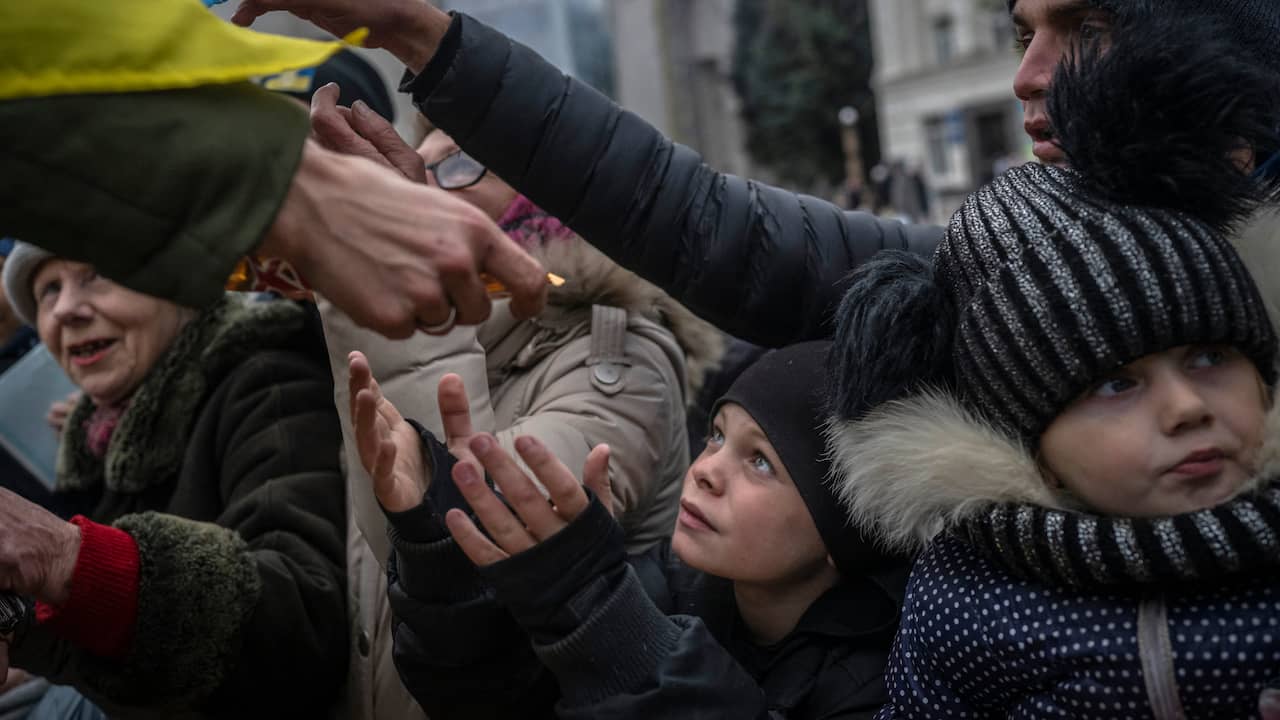Over the last few months there have been numerous cases of people who, after recovering from Covid-19, have found the continuation of different health problems, even after some time. In many cases, these are disorders that can prevent the person who suffers from returning to a normal daily life. A condition that is defined as Long Covid, precisely Post Covid-19 Syndrome, i.e. the set of disorders and clinical manifestations that persist after the infection, representing a continuation of the disease. The topic was explored today at Gemelli Molise in the training event “Long Covid what it taught us”, which was attended by some of the leading experts in the sector.
The course embodies the first moment of collaboration between MEDIS and GEMELLI MOLISE and was born with a very specific purpose: to respond to the needs of those experiencing the effects of Long Covid. After the introduction by President Stefano Petracca, they coordinated the scientific sessions Maurice PanunzioBoard member of Gemelli Molise and specialist in rehabilitation medicine, ed Enrico Bernini CarriInfectious disease doctor and President of the Medis Modena Association.
While in August 2020 only about 10% of patients recovered from Covid-19 were affected by Long Covid, more recent estimates show that the percentage of people recovered from SARS-CoV-2 infection who need healthcare even remotely of weeks or months from the negativity to the test it would be around 50% (therefore one person out of two experiences this pathology). With regard to the duration of symptoms, a study published in Nature Medicine analyzed more than 4,000 patients recovered from SARS-CoV-2 infection, obtaining that: 13% of the people involved in the study had long Covid symptoms for more than 28 days; 5% for more than 8 weeks; 2% for more than 12 weeks.
The symptoms of Long Covid can affect different organs. It is not yet clear if they are caused directly by the virus or if they are brought on by the stress or trauma of the infection. The most widespread is certainly tiredness, very frequently it is also the so-called “mental fog”, a condition characterized by memory and concentration problems. The mechanisms underlying the development of this condition, however, are not yet fully understood.
Therapies can include: physical rehabilitation exercises; food diets to regain weight or muscle mass or, conversely, to lose weight; psychological support for those with post-traumatic stress disorder (PTSD). A multidisciplinary management is therefore necessary; the figure who coordinates all the various components is the physiatrist in agreement with the caregivers. The patient is at the center of the rehabilitation process which is absolutely personalized on the subject’s needs. Neuromotor re-education is often necessary to cope not only with the loss of muscle strength, asthenia, fatigue, dyspnoea, but also with the neurological damage caused by tendon retraction and the inability to walk.


